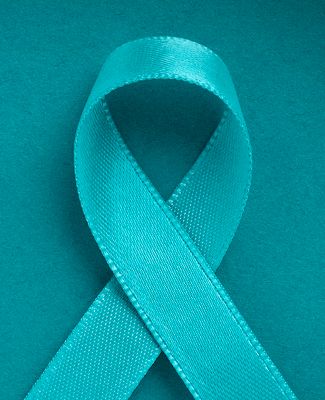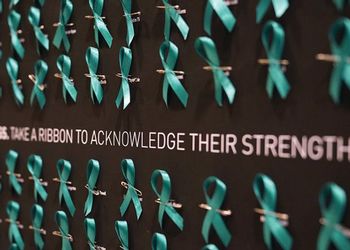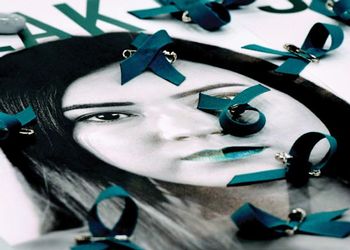‘It’s Not Your Fault’

‘It’s Not Your Fault’
The psychological impact of sexual abuse can take years to overcome, as survivors internalize blame for their suffering. The damage is worsened when others invalidate or dismiss their stories.
March 21, 2018One of the most insidious things about sexual abuse is that it alters a victim’s sense of self. Wanting to believe that the world is fair and that bad things do not happen to good people, both those who have experienced abuse and those around them sometimes look for things the victims must have done (or not done) to cause what happened.
Abusers often encourage this perception, suggesting that the victim deserves what is happening or that the abuse is not really abuse. In turn, victims internalize this message and start to perceive their abuse through this lens. As licensed clinical psychologists, we have talked with hundreds of people who have survived sexual or physical abuse to try to help them heal from their experiences.
Many of our patients do not initially recognize that what happened to them was physical or sexual abuse. As a result, one of the greatest risks of any kind of abuse is that victims incorporate it into their sense of who they are. And they start to believe they deserved these damaging experiences and are unworthy of being believed, validated or protected.
Psychological abuse is thought to underlie almost every other form of maltreatment. The dynamics become even more intense and the pressure to minimize or deny abuse becomes even stronger when there is an ongoing, intimate relationship, or when there is an imbalanced power dynamic between the abuser and the abused (e.g., parent, partner, relative, teacher, doctor, boss).
This power dynamic can strongly affect how others respond if the abuse is brought to light. In many cases we have worked on as therapists, the reaction of others after the abuse (i.e., whether the abused are believed and protected, or blamed and invalidated) has had more effect on long-term psychological well-being than the original event.
The reaction of others either underscores or contradicts the message of the abuse: that the person deserves to be hurt and neglected, or deserves to be protected and helped to heal. The responses of those with power or authority (parents, supervisors, teachers, mentors, doctors and clergy) are especially influential.
Unfortunately, the people hearing about the abuse may be distressed by it and have reasons to hope that what they are hearing is not true. They may feel guilty for failing to protect the victim, or they may be close to or even related to the accused perpetrator. For example, reports of sexual abuse of daughters by fathers or stepfathers disclosed to mothers are especially challenging, and especially damaging if the daughter is not believed.
These challenges can impede those who are hearing reports of abuse from believing them and responding appropriately.
Furthermore, abusers may be charismatic, popular and persuasive, behaving differently in public than in private settings.
However, 95 percent of all campus rapes go unreported, according to the Center for Public Integrity. In the U.S., an estimated 63 percent of sexual assaults are not reported.
Therefore, if a child, student, patient, friend or anyone else tells of abuse or assault, the listener’s default response should be to believe and protect that person. The fact that Larry Nassar was not held accountable, nor his many victims’ reports believed, makes what happened particularly horrific.
It is especially difficult for victims to come forward with their stories if their abuser has cultivated a popular public persona. In addition, the potential for internalizing blame is a barrier to reporting. It can take time, from months to even years, for people who have experienced abuse to process their feelings about it and regain normal functioning.
Family and friends can unintentionally make things worse by urging the person to “get over it,” because they don’t know how to respond to a person’s pain.
This is not helpful.
What is helpful: protecting the person from the perpetrator and putting boundaries in place to prevent continuing abuse, validating that what happened is wrong and undeserved, hearing and empathizing with the person’s pain, and encouraging the person to seek professional help if needed.
The sooner boundaries are put in place to end the abuse, and the sooner the person experiencing abuse gets support, the sooner she or he will start to heal.
Survivors of abuse need to know that what happened to them was wrong, and that it’s never justified. They need to understand—and believe—that they did not deserve what happened, and that it has nothing to do with who they are or their value as a person.
No one can take another person’s value and worth from them.
What happened to them was the fault of the person who did it.
As for those who did not believe or protect them, that is their failing—it’s not the survivor’s shortcoming.
Martin Luther King Jr. said that injustice anywhere is a threat to justice everywhere. Those who use relational or positional power to hurt, demean, belittle or take advantage of others must be told that this behavior is unacceptable.
And they need to be stopped.
A powerful way to do this is for those who are being hurt to speak up, as difficult as that may be.
And those who are given the sacred trust to hear these painful stories must listen and respond appropriately.
Moving forward, it’s important that MSU be open to hearing the truth, no matter where it comes from.
Be willing to question the popular and the powerful, as well as ourselves; be willing to sit with the distress of those around us and not try to avoid it; and be willing to do the right thing—even when it is difficult.
We must and we can do better.
Both authors are affiliated with the MSU College of Human Medicine’s public health division in Flint.

university’s C.S. Mott Endowed
Professors of Public Health

MSU College of Human Medicine
Contributing Writer(s): Jennifer Johnson , Julia Felton






